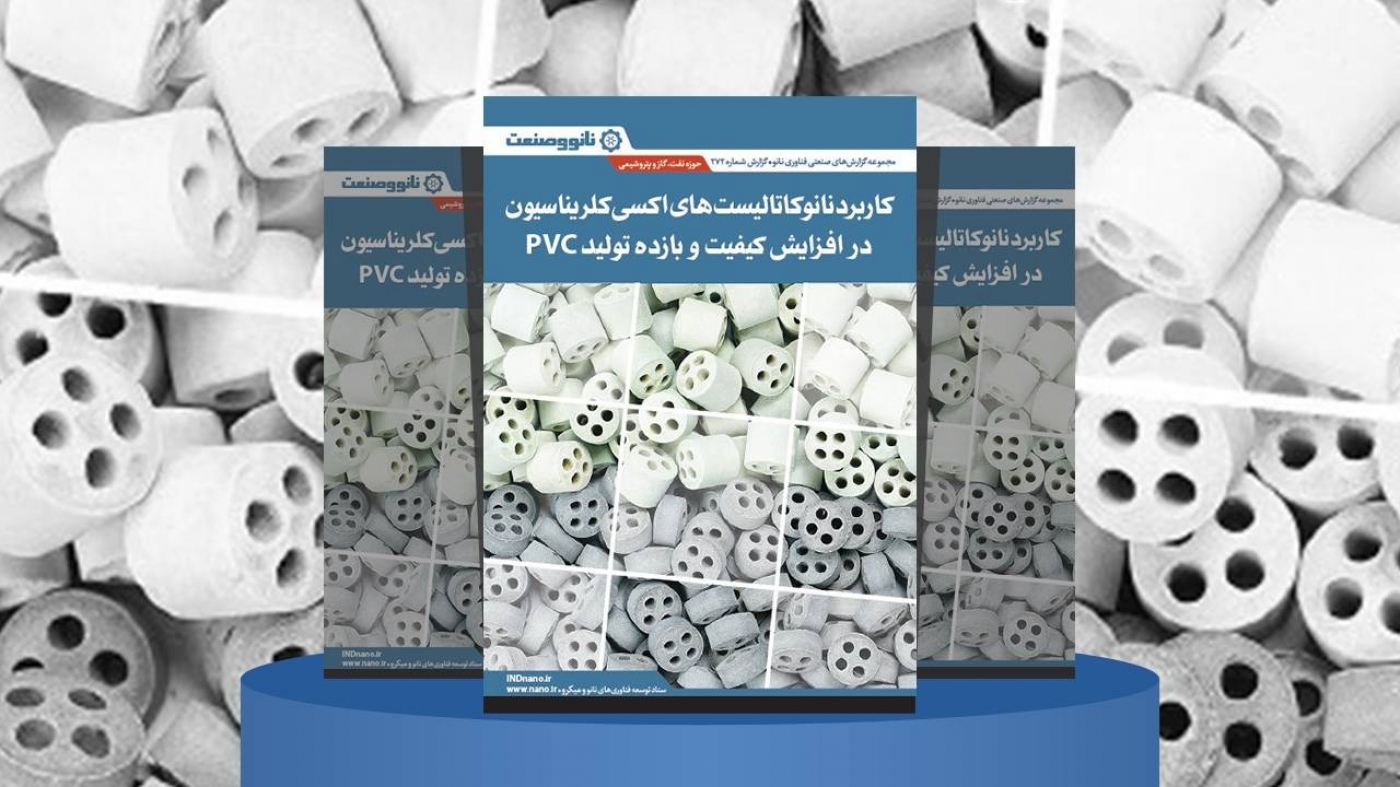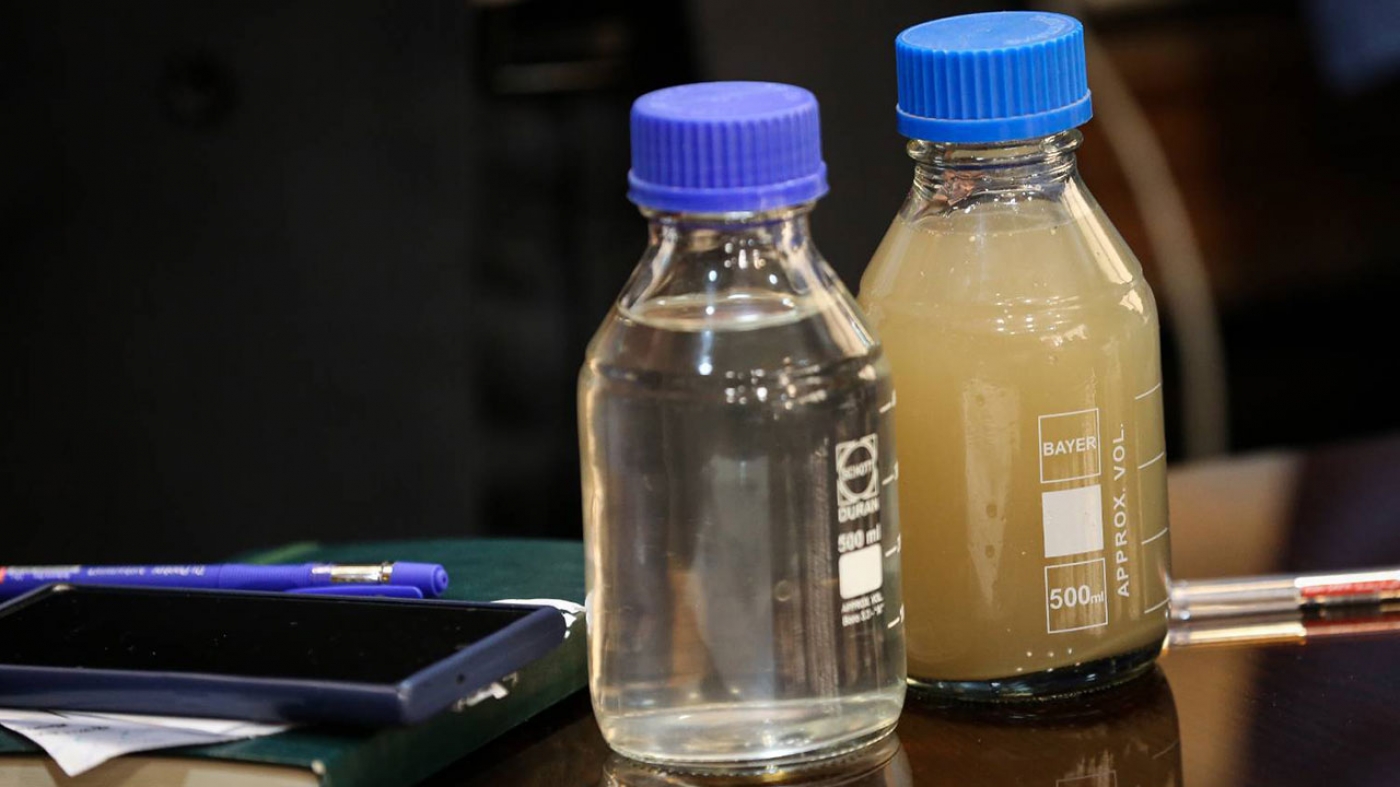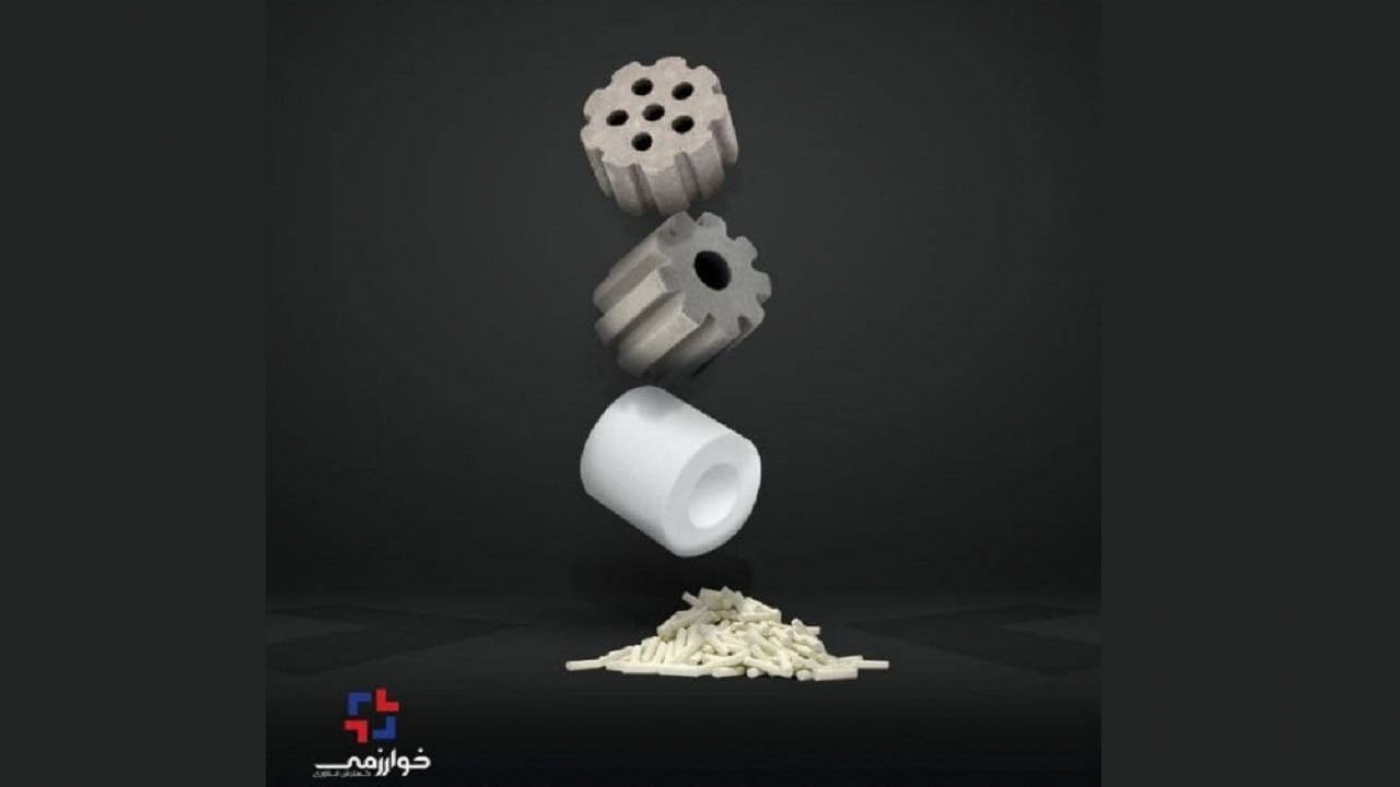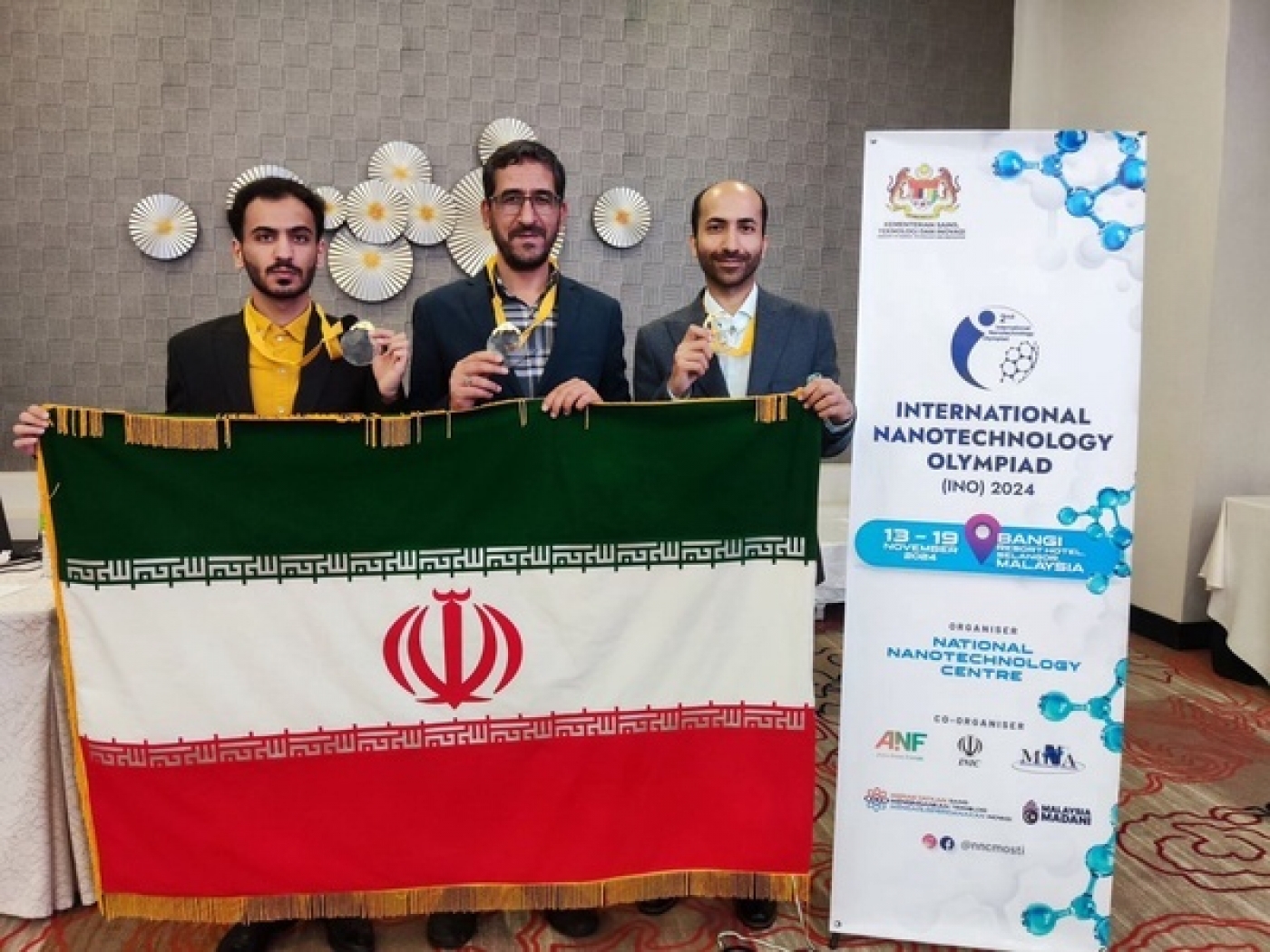The shared insights cover the production process of polyvinyl chloride (PVC) and methods for producing vinyl chloride monomer (VCM), along with an overview of the domestic and global market volumes of PVC and its raw materials.
Key topics include the role of advanced Iranian nanocatalysts in the oxychlorination of ethylene and the significance of the nanocatalyst base and promoters in improving their performance.
Ethylene oxychlorination is a critical process for producing vinyl chloride monomer (VCM) and, subsequently, polyvinyl chloride (PVC). Given the high demand for PVC, this process holds significant industrial importance. With PVC’s extensive applications across various sectors in the country, ensuring the supply of its primary raw material, ethylene dichloride (EDC), is essential.
However, due to sanctions, oxychlorination nanocatalysts were no longer sold to Iran, leading to challenges for EDC production units. This not only resulted in shortages but also reduced product quality due to aging conventional catalysts. By localizing the production of these nanocatalysts, the supply issue has been resolved, leading to improved yield and quality of EDC—and consequently PVC. Additionally, reducing the production cost of nanocatalysts has had a direct impact on lowering the cost of EDC production.
These findings and related advancements are available on the Nano and Industry Media website, providing free access for technologists and industry professionals.





